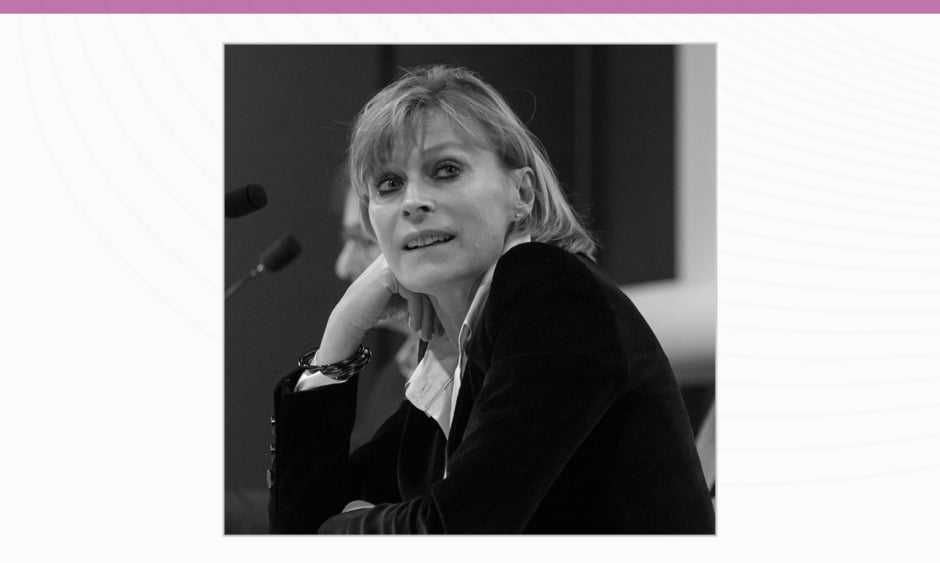Marie-Aleth Richard | Professor of Dermatology; EADV Board Member; French Member of the Board, Timone Hospitals, Marseille, France
![]()
You currently hold a position as a Board Member of the European Academy of Dermatology and Venereology (EADV). How much of an impact do you believe the EADV has, both directly on dermatologists and indirectly on patients?
The mission of the EADV is to provide education and training for dermatologists. Now, more energy is being placed on highlighting what dermatologists do and what skin diseases are, which is a good way of helping patients recognise that skin disorders are very important for all of us. Even if they are not life-threatening, most people have had, at least once in their life, a skin condition or skin request for the dermatologist. Advocacy of what the EADV represents across medicine and understanding the needs and expectations of patients are also very important.
You previously spoke about the benefits of moving the EADV congress to a virtual format. Should we expect to see future congresses have a virtual format as well as a face-to-face format?
In the future, I believe most international congresses will adopt a hybrid format. Online meetings meant that we could maintain links and share updates even during the COVID-19 pandemic. The virtual element offered a number of advantages. For example, people were able to record sessions and there were no financial barriers to attendance. At the same time, there can be no substitute for face-to-face discussions with colleagues and members of the audience.
The theme of the EADV’s 30th Anniversary Congress 2021 is “celebrating outstanding science.” Are there any recent innovations in the field of dermatology that you think are particularly noteworthy?
I am fascinated by the progress made in inflammatory skin diseases, chronic skin diseases, and in fields that have not been well explored before, such as itch varieties. Advances in paediatric dermatology and dermato-oncology are also important. We are very lucky as dermatologists because so many breakthroughs occur every month or every year in our speciality.
You presented a session on psoriasis at the EADV 2021 Congress. What do you believe are the current gaps in the literature of this disease, and what areas merit greater attention?
We have the drugs and a lot of ways to treat patients. However, I think one of the important things still missing is the unmet needs of patients. We need to discuss more with patients about what they are expecting from us as dermatologists. Secondly, there are still considerable discrepancies between the way we are treating patients from one country to another. The financial support coming from the health system as well as reimbursement varies markedly between countries and should, therefore, be surveyed and discussed. This could help harmonise the care of patients.
Psoriasis is a common dermatological disease with no cure. Have you seen much improvement in the development of treatments for its management over the last few years?
The new treatments don’t cure but rather control and prevent the disease. The effect of these new drugs can be so long lasting that many individuals probably feel as if they have been cured. Furthermore, these treatments need only short administration with very long intervals between each administration, and this is something that is very important. The only consideration now is economic.
There has been interest from many areas of healthcare towards artificial intelligence. How do you believe the use of artificial intelligence in dermatology would impact patient care?
There are so many ways artificial intelligence could help that it is quite difficult to provide a short answer. In my opinion, managing big data will offer new ways of treating individuals because we can personalise medicine according to the patients and according to a specific disease. It is also important for skin cancer recognition and for triage of patients.
You recently published a paper titled ‘Public perception of dermatologists in France’. Do you believe there are any misconceptions about your specialty?
Many people, especially politicians and people from health authorities, view dermatologists as aestheticians, which is not the case. Data from France and across Europe suggests that only 10% of dermatological activity is for aesthetic reasons. In other words, 90% of all our effort is directed toward treating skin disease. We are specialists in the field of skin diseases and this is something that needs to be emphasised.







